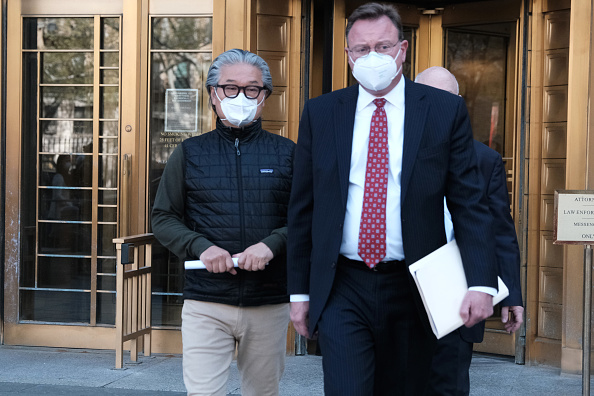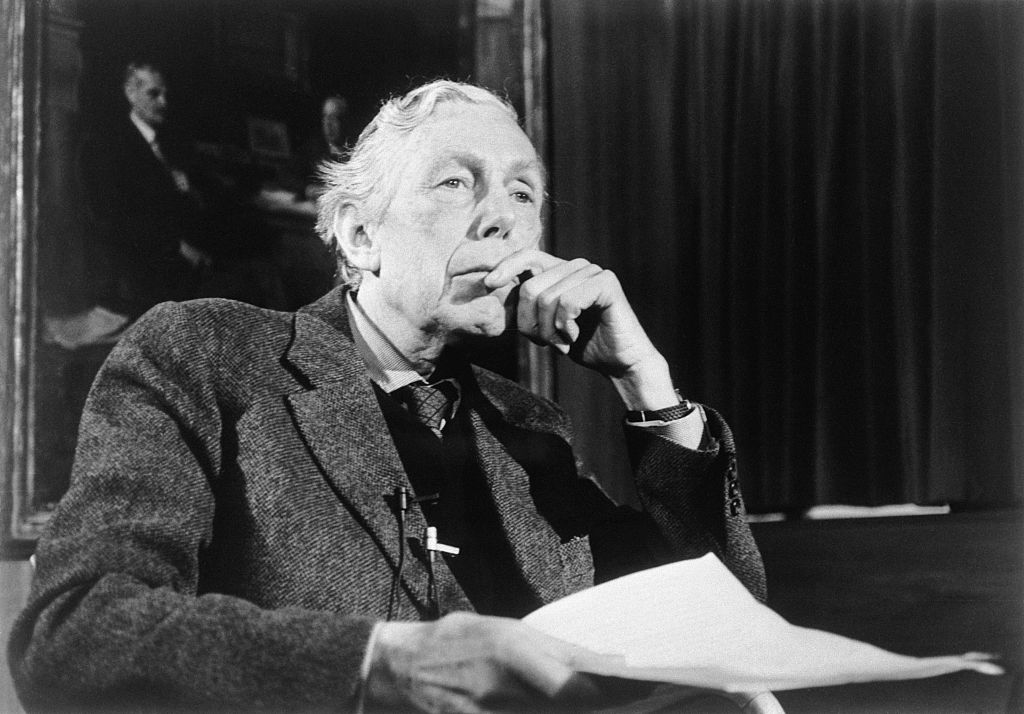There is nothing sadder than an athlete who has overstayed their time. The great who at one point had the world at their fingertips but, instead of going out on top, stuck around for a season or two too long and, as a result, left the field on a bittersweet, or sometimes downright bitter, note.
France had its elections last Sunday. The populist-right National Rally (RN), which had expected to come in first and even thought it might have a chance at a majority, came in a shocking third, after the socialist/communist left and Emmanuel Macron’s centrists. While RN received their highest numbers ever – 37 per cent in the popular vote and, due to France’s electoral system, just about 25 per cent of the seats – it was clearly a crushing blow and far from the majority they had hoped for.
There are all sorts of reasons for the loss. Macron and his leftist allies did game the system (albeit fairly) against the Right. The media overhyped the Right’s chances (though the RN did not help things).
Meanwhile, most of the centre-right Les Républicains party, the key part of Macron’s Ensemble coalition, proved to be as useless as any other centre-right party when it came actually to standing for something. They refused to work with RN, a refusal which ultimately cost them both seats.
But, but, but. At the end of the day, as American President Harry Truman said, “The buck stops with me.” In politics, the leader is the one who gets the credit for success – and the blame for failure.
And here, the blame is eminently, fully, and completely to be laid at one person’s feet: Marine Le Pen, the leader of the National Rally (yes, the party is technically led by 28-year-old Jordan Bardella, but everyone understands where the actual power lies, for the moment).
I can already hear her defenders. And to be clear, there are accomplishments to defend. Marine Le Pen has led her party, the National Rally, ever since she took over for her father, Jean-Marie Le Pen, in the early 2010s. The elder Le Pen had led the party for decades. With the exception of a single parliamentary race in the mid-1980s and a shocking entry into France’s second presidential election round in 2002, he had never taken the party to any great heights, constantly shooting his electoral chances in the foot with statements about various aspects of the Holocaust being fake, among other things.
But under his daughter, who worked to remove him from the party power structure, that changed. In 2012, they had two parliamentarians in the French parliament. Ten years later, they had nearly 90. She reached the second round in both the 2018 and 2022 French presidential elections, and in 2022 got over 40 per cent of the vote – significantly higher than her father’s measly 16 per cent in 2002. And this past Sunday, the party had its best parliamentary result ever: its aforementioned 37 per cent of the vote and 142 seats.
This is a fantastic record, and it is one which has earned Le Pen a spot in the pantheon of the European populist-right. But there is one problem with it: it is also a losing record. A constantly losing record.
It is not entirely her fault. Her father was around for so long that he may have simply tarnished the Le Pen name beyond repair; many French hear “Le Pen” and automatically think of him. She is also running as a populist-right leader, which means that the media is automatically going to go into a hyperventilating panic anytime she sneezes. And France’s electoral system, as most do, have many democratic deficits; if other systems were used, one analysis found that the RN would have had close to a majority.
But France doesn’t use another system, and the media being biased against populist-right candidates is unfortunately the name of the game. Great leaders must rise above that.
The problem is, it is now clear that Le Pen cannot do so. One major loss should not doom a politician to exile; the American Republican Party is nominating former President Donald Trump next week, after all. But Trump has something Le Pen does not: the title of “president” before his name. He has won a presidential election before, his loss in 2020 was extremely narrow (in the electoral college, he lost by only 44,000 votes – a drop in the bucket in an election where 150,000,000 people voted), and he is currently the favourite to win and become the first president in nearly 140 years to come back to the White House.
Le Pen, by contrast, celebrated mightily when she won 41 per cent of the vote in 2022 – which, while better than her 2017 showing, was still an electoral wipe-out. Her defenders will likely point to polls from earlier this year which showed her winning a hypothetical second round in 2027, the next presidential election. But one, hanging your hat on polling three years out is a fool’s errand (if you think otherwise, ask never-President Jeb Bush how he feels). Two, results are what matter, not hypothetical polls. And third, we literally just had polls which predicted success for the RN, and they were wrong.
The tragedy is, this was all avoidable. It is not like there are no other candidates who could lead the RN. One such candidate was Marion Maréchal, Le Pen’s niece, who left the party for another populist-right party, possibly because she realized that her aunt was never going to let her leave her shadow.
Another is Jordan Bardella, who is currently the formal leader of RN and was just elected President of the new populist-right “Patriots for Europe” European Parliamentary group. At 28, he is extremely young. If he ran and won the presidency in 2027, at 31 he would be France’s youngest ever president – younger than Macron, who took office as the youngest at age 39. The man is extremely popular (for a populist-right leader) amongst young French voters, and he could genuinely win the presidency, especially if he runs against a stale centrist or a loony leftist in the second round. But he may never get the chance to do so: Le Pen is, by all accounts, gearing up for another run. Because of France’s runoff system, she will likely make it to the second round, but just like before, she is likely to come up short.
What makes this all the worse is that France’s president has five-year terms, meaning the populist-right would not get another swing at the top job until 2032. By then, Bardella would be old hat. And who knows where society will be at that point. The art of politics is convincing people now, not convincing them in a decade.
Le Pen has convinced many. But she has not convinced enough. She has played the game for a long time, and she has played it well. But there is a time for all seasons, and Le Pen has had hers.
Be it a great athlete, a cunning businessman, or a politician, everyone reaches a point where it is time for them to step aside. Le Pen has reached hers. It is time for her to go.





Zelensky drags America into war, or Zelensky loses